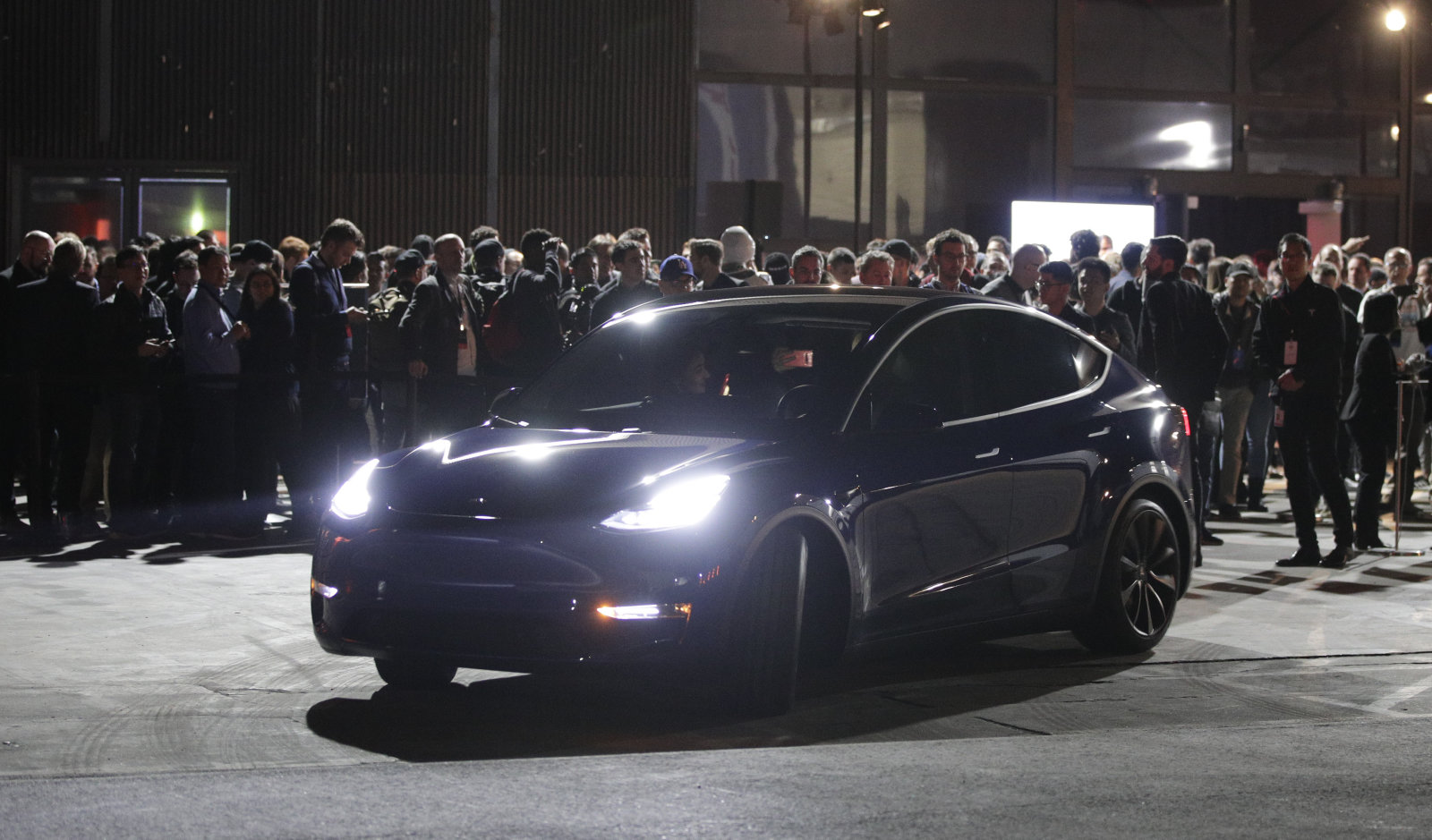While we are still in an early phase where we see the long-term performance of the first electric cars, a new generation of batteries is already on the table, dubbed the “million-mile batteries” and promising durability even much superior to the current ones. Something that will have a substantial impact on different aspects and industries beyond what we might think.
On the one hand, it is its duration. A million miles exceeds typically the duration of the car itself several times, and that would mean traveling about 140 miles every day, 365 days a year, and for 20 years in a row. Something that indicates that this type of battery will radically change many of the current aspects of sectors such as transport, but also energy.
On the one hand, it is clear that the batteries will last much longer than the vehicle’s useful life. That means that this will have to be reused even several times, for example, in the first phase in an expensive sports car or a premium sedan. Sectors where it is easier to offset the high cost of batteries. Once the vehicle has come to an end, after 200,000 miles traveled, this battery could be moved to an industrial vehicle, such as a taxi, which could be made with a durable battery at a more affordable cost.
A pack that could work for another 400,000 miles without losing too much capacity, and later go on to offer a service such as electrical network or residential storage.
The second-hand market
Another of the sections that will suffer a strong impact from the arrival of this almost immortal battery will be the second-hand market for electric cars. The battery is precisely one of the main concerns of customers when purchasing a second-hand electric vehicle. Not knowing your status in an easy and fast way can stop some of this exciting option.
With a battery with a useful life as long as this, these fears could be dispelled, making the second-hand market a more interesting section, but that can also make the devaluation of the vehicle possibly less.
Environmental impact
Because many power generation plants still use electricity from non-renewable sources, battery manufacturing has a polluting component. An aspect with batteries with an extremely long life could be minimized since it will not be necessary to do so many.
The great importance of Tesla’s “million-mile” batteries. A system that could last decades
Waste and energy consumption from recycling processes will also be reduced. On the other hand, the industry will have reduced capacity to recover scarce and expensive elements such as cobalt, which will affect the demand for this mineral. An aspect that the leading developers are already working on and are reducing the use of this material to a minimum, and even some brands have cobalt-free prototypes already.
According to Gavin Harper of the Faraday Institute, although million-mile batteries may give the impression that they will need fewer batteries, and therefore fewer raw materials in general, this may also increase the demand for batteries because “often when we improve efficiency, we simply end up consuming more.”
Despite all this, even this scenario, the transformation of transport towards more sustainable forms would continue to make sense from an emission reduction and sustainability point of view: According to Harper: “if these new batteries displace fossil fuel-based systems, this could accelerate our transition to decarbonization.”

